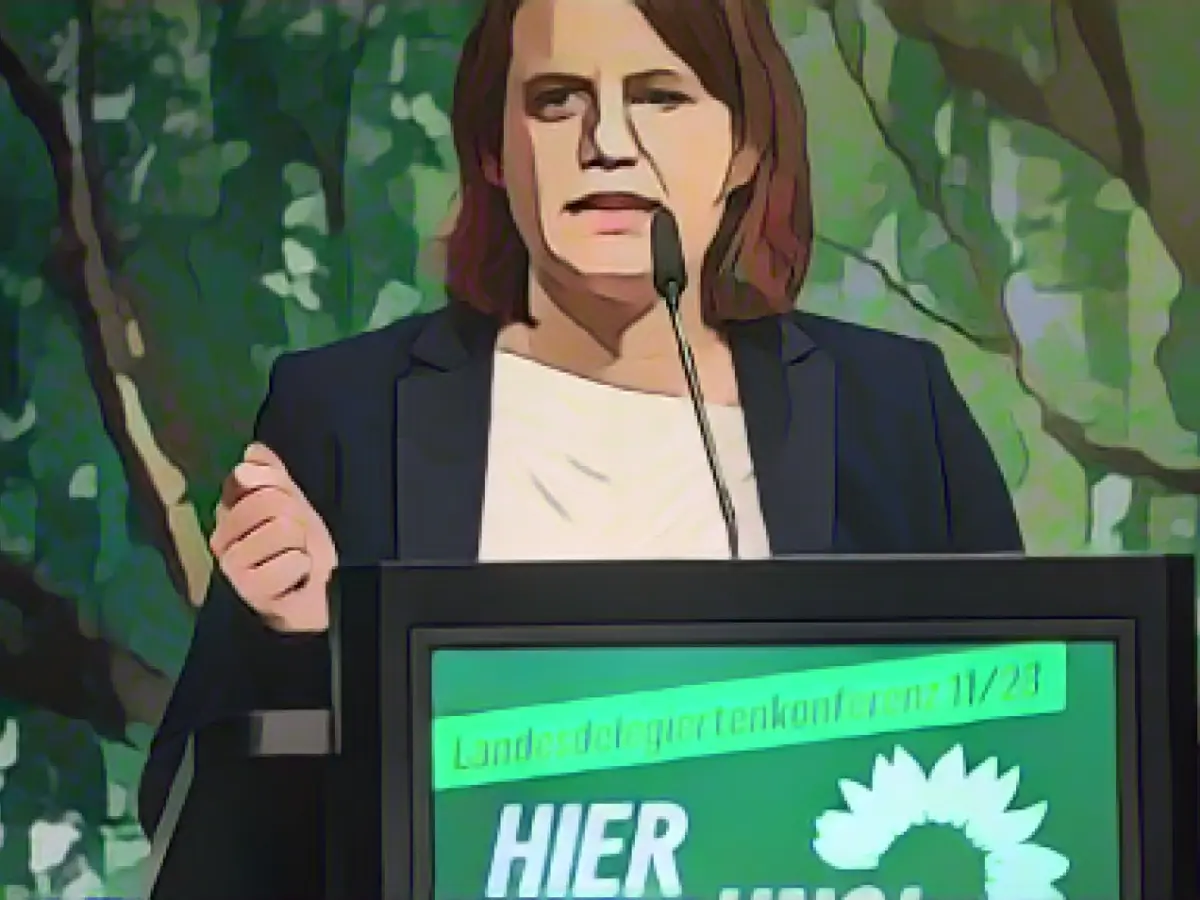Education: Germany's Struggles with PISA Results, Reimagined
In a recent press conference, Green politician and Lower Saxony Minister of Education, Julia Willie Hamburg, expressed her concerns about Germany's disappointing performance in the PISA study. With an increasingly diverse student body, schools are grappling with fresh challenges. Germany, Willie admitted, has yet to break the correlation between a pupil's background and academic success. The coronavirus pandemic's impact is palpable, yet federal and state governments have implemented measures to mitigate these effects.
Taking Action
In light of these concerns, the necessity of the federal and state governments' Startchancen program, which supports disadvantaged schools, has never been more imperative, according to Willie. She plans to introduce this initiative during the upcoming school year. Furthermore, Lower Saxony will roll out a social index next year, aiming to empower schools with special needs with targeted support.
To reinforce fundamental skills and equip students with essential tools for their future, the number of primary school lessons will increase in the 2024/25 school year.
Criticism and Suggestions
CDU education politician, Christian Fühner, advocated tackling structural problems faced by schools, including securing an adequate number of teachers and improving language support for students with a migration background.
FDP Secretary General Imke Haake critiqued the socio-political mess in Germany, reiterating her party's stance on the value of achievement and school grades.
PISA Performance 2022
German pupils displayed their worst performance to date in the 2022 PISA study, ranking poorly in reading, mathematics, and science. Out of 257 German schools examined in the study, numerous issues were found to plague the education system. While specific data for Lower Saxony is unavailable, the results underscore a widespread concern.
Strategies for Improvement
Globally, governments have been responding to PISA's unsettling revelations by implementing reforms and strategies. Some of the strategies utilized in Germany and Lower Saxony include:
- Standardization and Monitoring: Established in 2002, a central institution was set up to standardize and monitor education in Germany, ensuring alignment with international benchmarks.
- Teacher Development Programs: Germany is focusing on improving teacher quality with ongoing professional development programs.
- Curricular Changes: To prepare students better for the challenges of the 21st century, educational reforms are shifting towards project-based learning and skills like problem-solving and collaboration.
- Addressing Systemic Inequalities: Efforts to address systemic disparities in education, especially for racially minoritized students, include providing support for families navigating the asylum system.
Employing these strategies could potentially improve overall educational performance and address the concerns surrounding PISA results in Germany and Lower Saxony.





